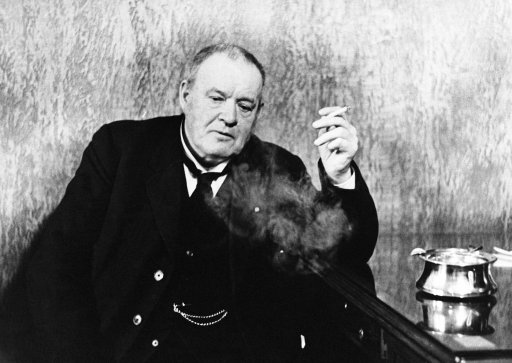We are doomed to repeat the past if we do not learn from it….
Whatever the cause, Mohammedanism has survived, and vigorously survived. Missionary effort has had no appreciable effect upon it. . . . No fragment of Islam ever abandons its sacred book, its code of morals, its organized system of prayer, its simple doctrine.
In view of this, anyone with a knowledge of history is bound to ask himself whether we shall not see in the future a revival of Mohammedan political power, and the renewal of the old pressure of Islam upon Christendom. . . . The final fruit of this tenacity, the second period of Islamic power, may be delayed. But I doubt whether it can be permanently postponed.
80 Years Ago, Hilaire Belloc Predicted Radical Islam’s Re-Emergence Because Of Secularization
Immersed in current news, we forget that the past is not really “past” in significant ways. Much of the news of the day is not so new at all. In relation to Islam especially, the past is far from over. We are simply watching it emerge from the hibernation it entered after the formal dissolution of the 600- year reign of the Ottoman Empire in 1923.
British writer Hilaire Belloc, writing in the 1930s, put no date on Islam’s re-emergence. But while the West’s attention was elsewhere, he predicted its inevitability:
Millions of modern people . . . have forgotten all about Islam. They have never come in contact with it. They take for granted that it is decaying, and that, anyway, it is just a foreign religion which will not concern them. It is, as a fact, the most formidable and persistent enemy which our civilization has had, and may at any moment become as large a menace in the future as it has been in the past.
“The Great and Enduring Heresy of Mohammed” was one of seven essays in his “The Great Heresies.” He wrote from the standpoint of an historian and Catholic apologist examining the effects of the great heresies of the past (i.e. Arianism, Albigensianism) on the Western world. In these days of white-glove ecumenism and interfaith dialogue, Belloc’s pre-conciliar disdain for non-Catholic religions has eclipsed his once-eminent status as one of the most accomplished men of letters in early twentieth century England.
Catholics themselves are uneasy quoting Belloc these days. And that is too bad. His insight into Islam at a time England was preoccupied—with Hitler, communism abroad, and a fascist movement at home—was exceptional. And penetrating.
Why Islam Is Strong
As early as 1937, Belloc foresaw Islam’s capacity to reverse its then-current diminution as a geopolitical force: “Perhaps that change will be deferred, but change there will be, continuous and great. Nor does it seem probable that at the end of such a change, especially if the process be prolonged, Islam will be the loser.”
Islam will not lose because it has not suffered the West’s spiritual decline: “And in the contrast between the religious certitudes still strong throughout the Mohammedan world . . . particularly in Palestine–lies our peril.” Decades later, prominent Pakistani jurist and scholar Mahmood Ahad Ghazi said much the same:
Islam is the most dynamic force today because, unlike other major religions, it hasn’t succumbed to secularism. It doesn’t divide human life between the religious and the secular, the spiritual and the totality of human existence. Only Islam is the route to victory.


